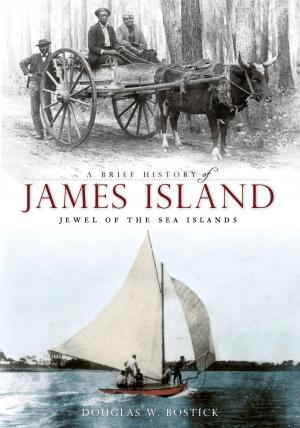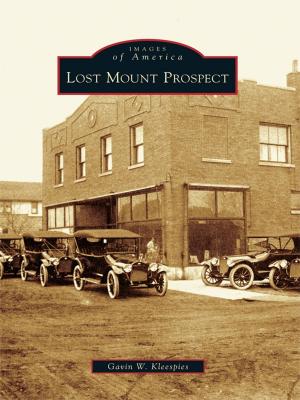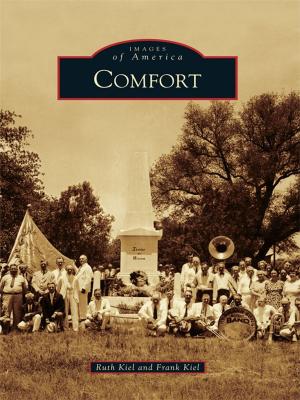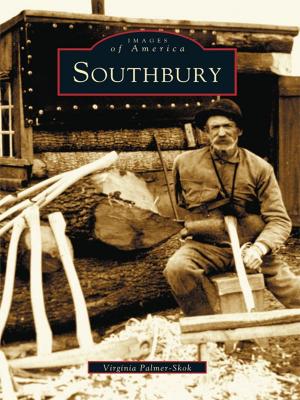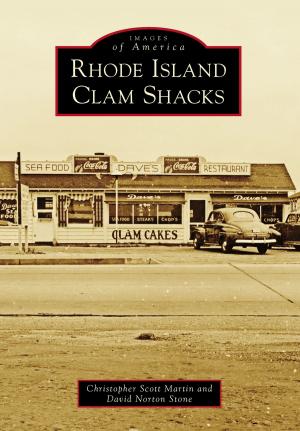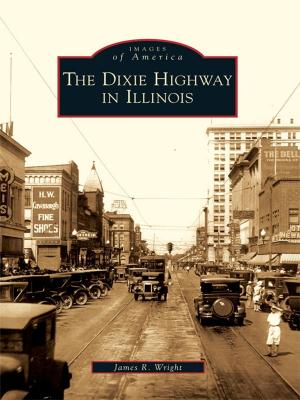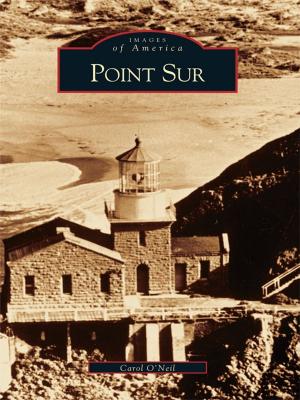| Author: | Kristin McHugh-Johnston | ISBN: | 9781439641170 |
| Publisher: | Arcadia Publishing Inc. | Publication: | November 8, 2010 |
| Imprint: | Arcadia Publishing | Language: | English |
| Author: | Kristin McHugh-Johnston |
| ISBN: | 9781439641170 |
| Publisher: | Arcadia Publishing Inc. |
| Publication: | November 8, 2010 |
| Imprint: | Arcadia Publishing |
| Language: | English |
Muscatine, situated on one of the largest east�west bends of the Mississippi River, grew from a small territorial trading post into an Iowa community rich in agricultural bounty and manufacturing ingenuity. Mussels harvested from the mighty Mississippi propelled the city to the status of the �Pearl Button Capital of the World� by the turn of the 20th century. Booming lumber yards, sash and door manufacturers, and the first H. J. Heinz canning facility built outside of Pittsburg added to the town�s growth and prosperity. An aspiring writer named Samuel Clemens, civil rights pioneer Alexander Clark Sr., the self-proclaimed cancer cure of Norman Baker, and other notables add even more texture to the town�s rich heritage. The story of Muscatine is traced through these businesses and the men and women who left a legacy of work ethic that defines the Midwest.
Muscatine, situated on one of the largest east�west bends of the Mississippi River, grew from a small territorial trading post into an Iowa community rich in agricultural bounty and manufacturing ingenuity. Mussels harvested from the mighty Mississippi propelled the city to the status of the �Pearl Button Capital of the World� by the turn of the 20th century. Booming lumber yards, sash and door manufacturers, and the first H. J. Heinz canning facility built outside of Pittsburg added to the town�s growth and prosperity. An aspiring writer named Samuel Clemens, civil rights pioneer Alexander Clark Sr., the self-proclaimed cancer cure of Norman Baker, and other notables add even more texture to the town�s rich heritage. The story of Muscatine is traced through these businesses and the men and women who left a legacy of work ethic that defines the Midwest.

